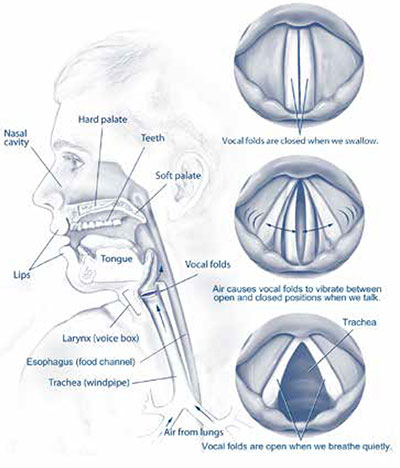6 healthy lifestyle changes to adopt for a long life |

Everyone wants to live a long, fulfilling life, but not everyone knows the secrets to achieving it. Longevity isn’t just about good genes—it’s about making choices that protect our health and boost happiness every day. If you’re looking for fresh, practical habits that can truly make a difference, these 6 lifestyle changes are worth adopting.
Eat mindfully rather than dieting
Instead of jumping on every new diet trend, focus on mindful eating. This means paying attention to what you eat and how it makes you feel. Slow down during meals, enjoy each bite, and stop eating when you’re 80% full—a practice inspired by the Okinawans of Japan, one of the longest-living communities in the world. It helps prevent overeating and improves digestion.
Adopt a “blue zone” approach to movement

You don’t need a gym membership to stay active. People in “Blue Zones” (regions with the longest-living populations) integrate movement into their daily lives naturally. A study done in 2016 describes that the original purpose of Blue Zones was to identify the healthiest lifestyles that promote lifespan and vigour. Walk more, use the stairs, garden, or even clean your house with enthusiasm. These low-intensity, consistent activities reduce the risk of chronic diseases and keep your body in motion.
Mend relations with friends and family
Did you know that loneliness can be as harmful as smoking 15 cigarettes a day? Surrounding yourself with positive relationships can reduce stress and even improve your immune system. Join a local club, volunteer, or spend more time with friends and family to create a solid support system.

Have more plant-based foods in the diet
Shifting your focus toward plant-based foods doesn’t mean becoming a vegetarian. Add beans, lentils, nuts, seeds, and a variety of colorful vegetables into your meals. These foods are rich in fiber, antioxidants, and essential nutrients, which promote gut health and protect against diseases like cancer and heart problems.
The powers of restorative practices
Long-life enthusiasts often prioritise not just sleep but also restorative practices like napping, meditation, or spending time in nature. A 20-minute nap can improve focus, and meditation can lower cortisol levels, helping to balance your overall health. Simply stepping outside for a short walk in greenery can uplift your mood and recharge your energy.
Develop a strong sense of purpose
Having a reason to get out of bed every morning is linked to a longer life. Whether it’s pursuing a hobby, helping others, or setting personal goals, a sense of purpose fuels mental and emotional health. Studies show that people with a strong sense of purpose are less likely to develop age-related conditions like Alzheimer’s. It has long been believed that a person’s sense of purpose in life, which is a sign of their well-being, has a significant role in determining their health.
link








